Mongolia is the place to have adventures: to go far, far off the beaten track, see marvellous landscapes, meet wonderful people and, in some ways, to challenge yourself. Washing and taking a shower in Mongolia is a very different experience to normal washing in our home country.
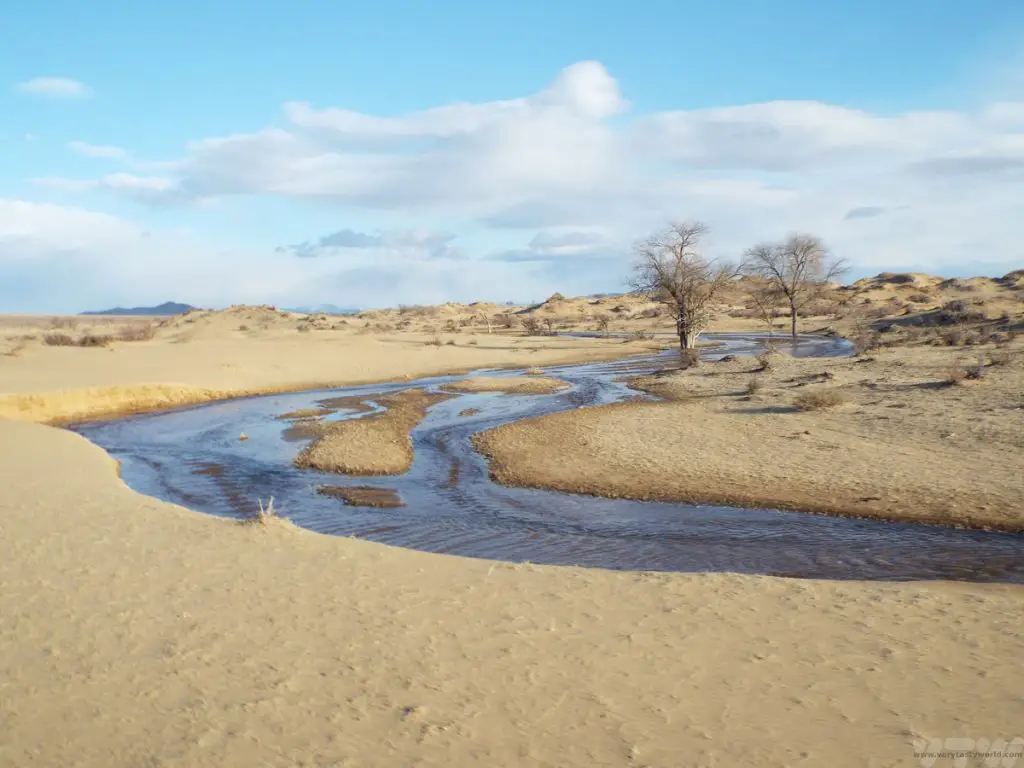
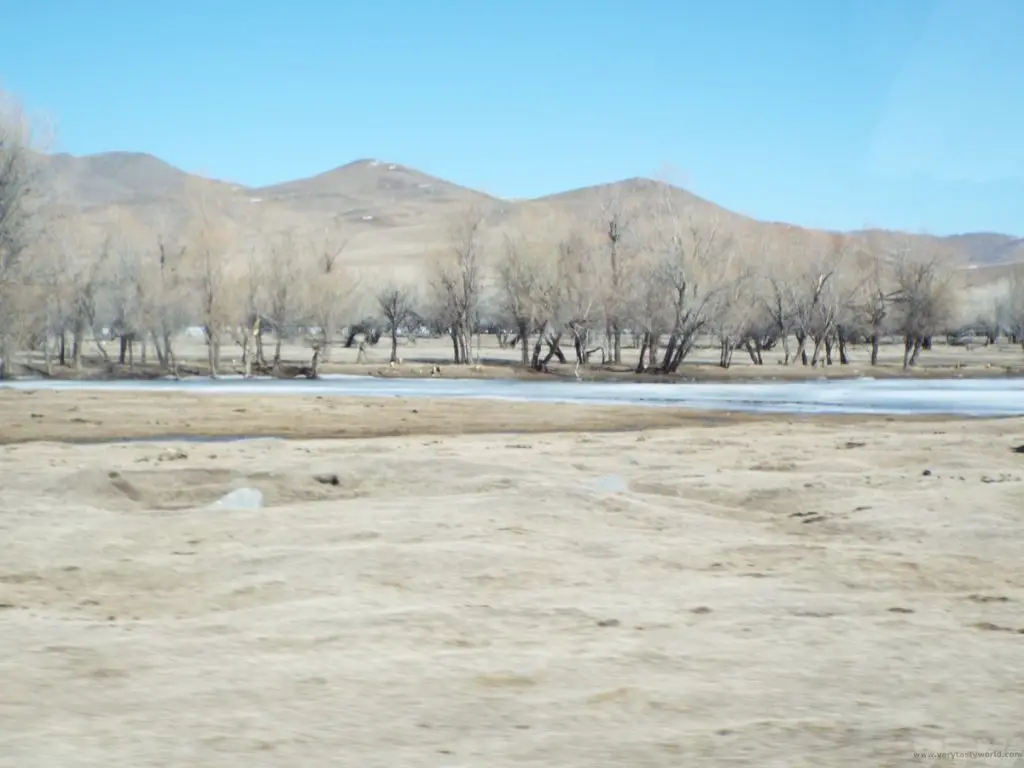
We’ve never particularly been interested in luxurious travel – we feel a bit uncomfortable about having our bags carried for us and we really don’t need lashings of extras in our accommodation – a bed and a bathroom will be just fine. We were quite surprised on a recent trip where we got upgraded from a 3 star to a 4 star hotel in the UK that the difference between these levels of comfort really boiled down to a trouser press and significantly more useless cushions (which all needed to be discarded before trying to sleep) on the bed to make it appear more inviting.
We’ve been lucky to have travelled to many places all over the world. It was on a trip to Bulgaria many years ago that we first learned that some countries don’t have the drainage infrastructure to allow you to place waste toilet paper into the toilet itself so you have to use a bin instead. This really made us think about how we live and helped us realise how lucky we are that we live in such comfort – where we can flush a toilet, or wash ourselves simply by turning on a tap.
Staying In The Gobi
We knew that when we were staying in gers (the Mongolian name for yurts) with nomads in the middle of the Gobi desert a beautifully plumbed-in bathroom was not going to be available. In the middle of a vast desert it is obvious that there is no running water except in some of the larger towns where it would be possible to get a shower in Mongolia.
We were very aware that when we booked our trip, we were going to have to get used to not showering every day and also that the toilet arrangements would largely involve squatting over a hole in the ground. This was the loo in the Gobi.
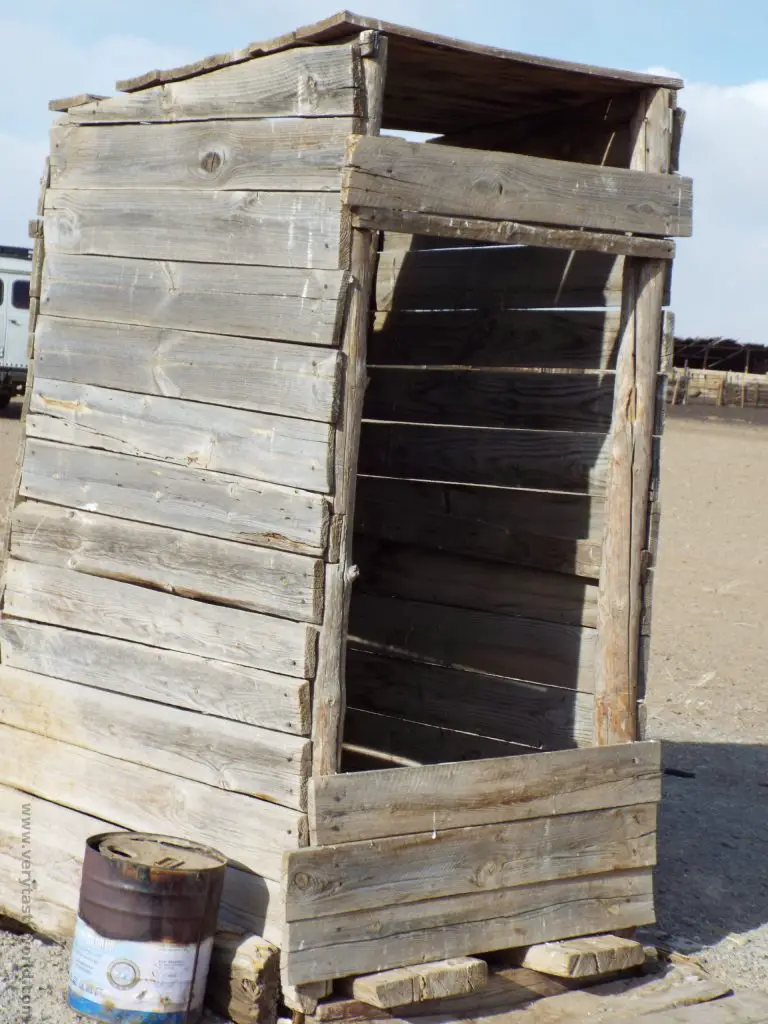
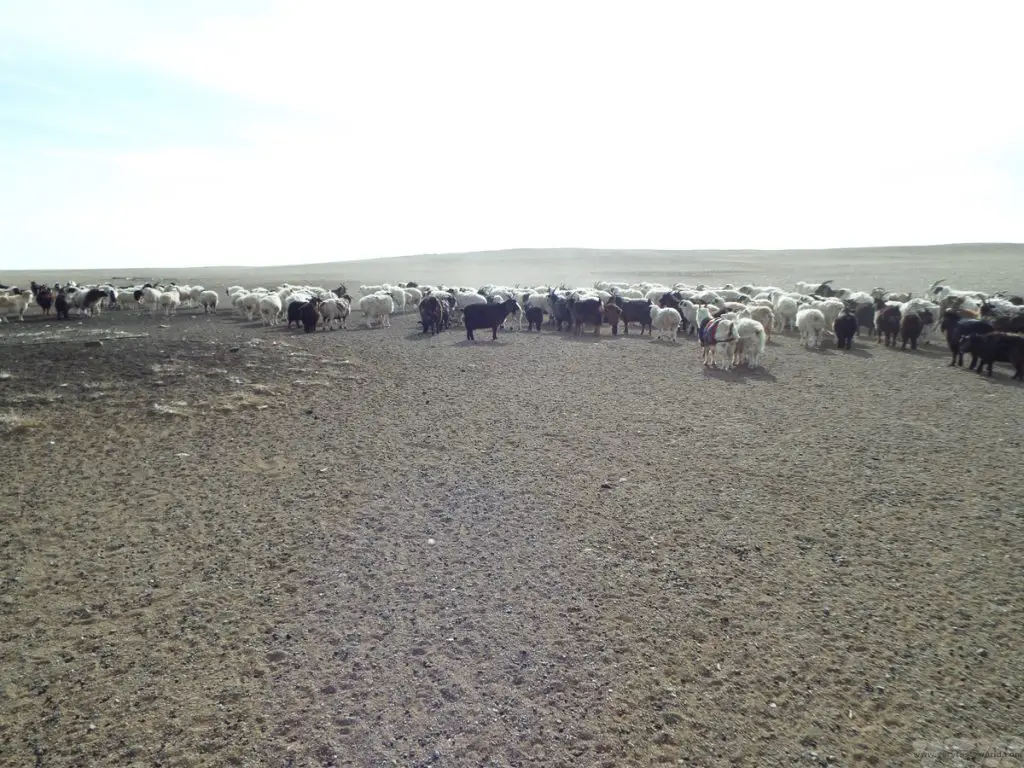
It had a good view, though.
In the Gobi people use a well to obtain water.
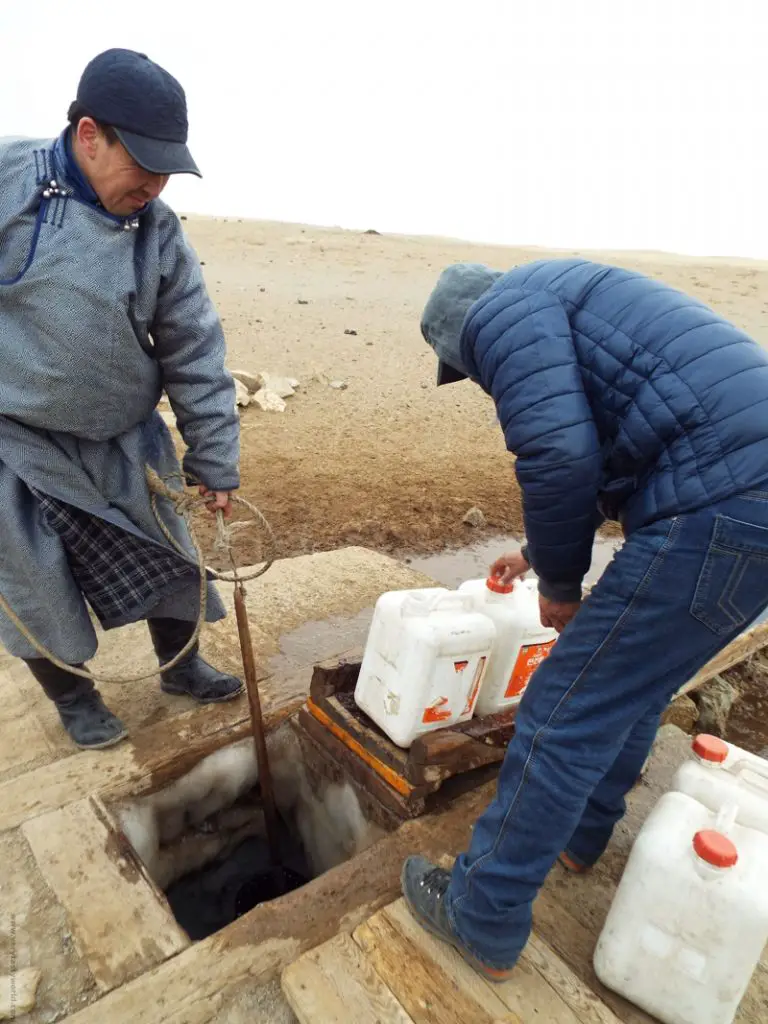
Sleeping In A Ger
You are always conscious of how precious a resource water is. You don’t waste it. Whether we were staying with families who had kindly shared their homes with us or in ger camps, water was always available, but it was finite, stored in a barrel in the kitchen area. There is a wash area to the right side of the door and many gers have a little water container located above a sink area which has a tap. You run it for a minimal time to get just enough water to wash your hands or clean your teeth. In tourist ger camps, there wasn’t always a basin inside but there was often an outside communal area where a sink had been set up between the gers where it was possible to have a quick wash/teeth clean.
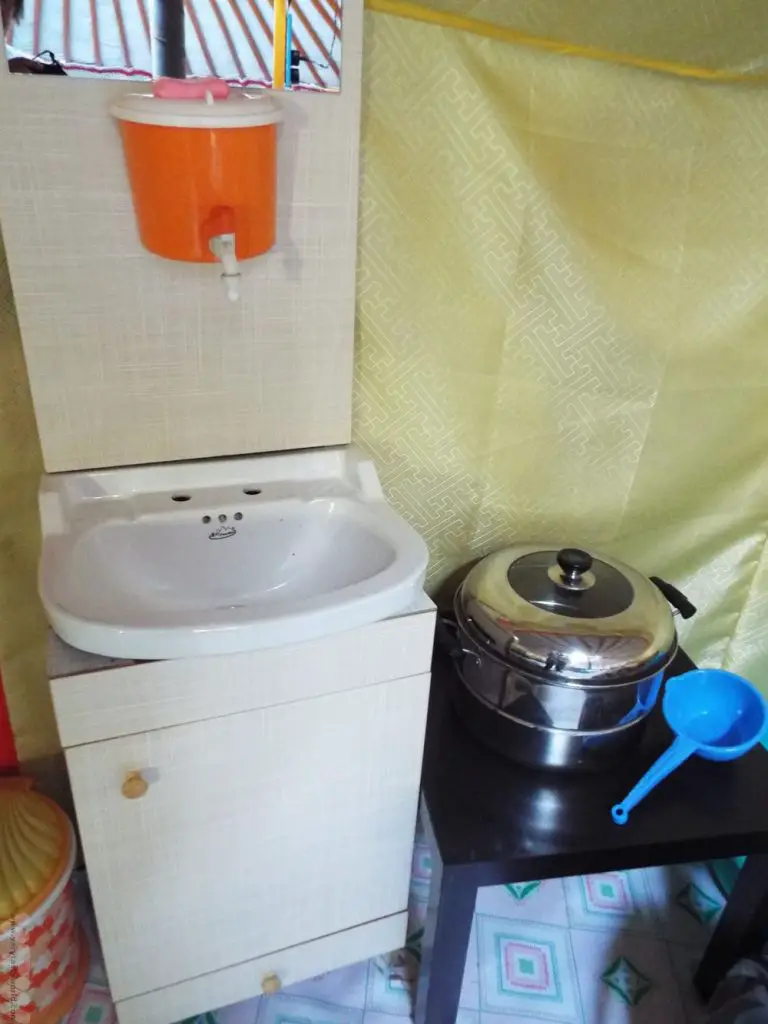
It’s not unfair to describe Mongolia’s climate as extreme with the vast temperature differences it experiences across the year. A landlocked country, with a continental climate, temperatures in the Gobi can range from -30⁰C in winter to 40⁰C in summer. It is also very dry, which helps mitigate the impact of these extreme temperatures, and usually has around 250 sunny days each year. We visited in early spring when temperatures were still largely sub-zero – around -15⁰C at night, rising to 0⁰C during the day. Curiously, because the humidity was so low these temperatures didn’t feel as cold as they should. Likewise, the dry summer heat would be more bearable than, say, the humid climes of south east Asia or central America. But, of course, you do still need to wash.
Sanitiser gel and wet wipes (environmentally sound, non-plastic ones) were useful. But with wet wipes you do need to dispose of them properly. Indeed, waste disposal is a problem in Mongolia, so we always carried our rubbish with us until we reached a public bin where we knew it would be collected. (Not all that is ours!)
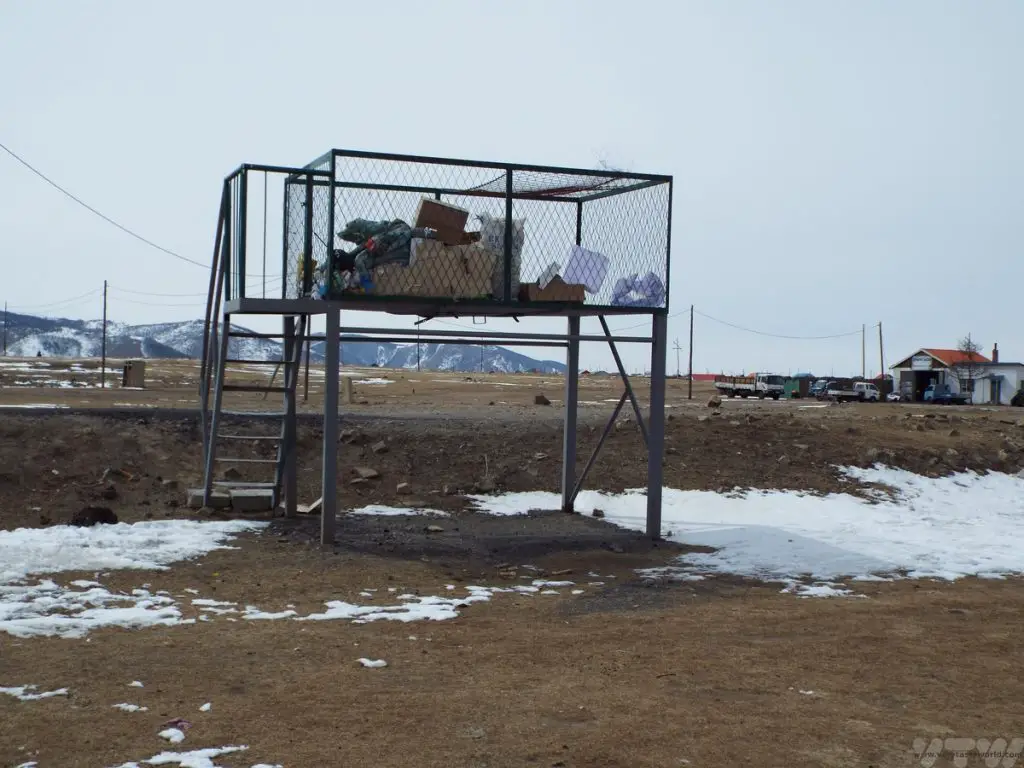
Where To Get A Shower In Mongolia
We had about three showers during our eleven day trip. Not washing and having greasy hair is surprisingly liberating – much more than we thought it would be. But how do you get a shower in Mongolia? You do what the locals do and go to a shower house. These are usually located in the larger towns.
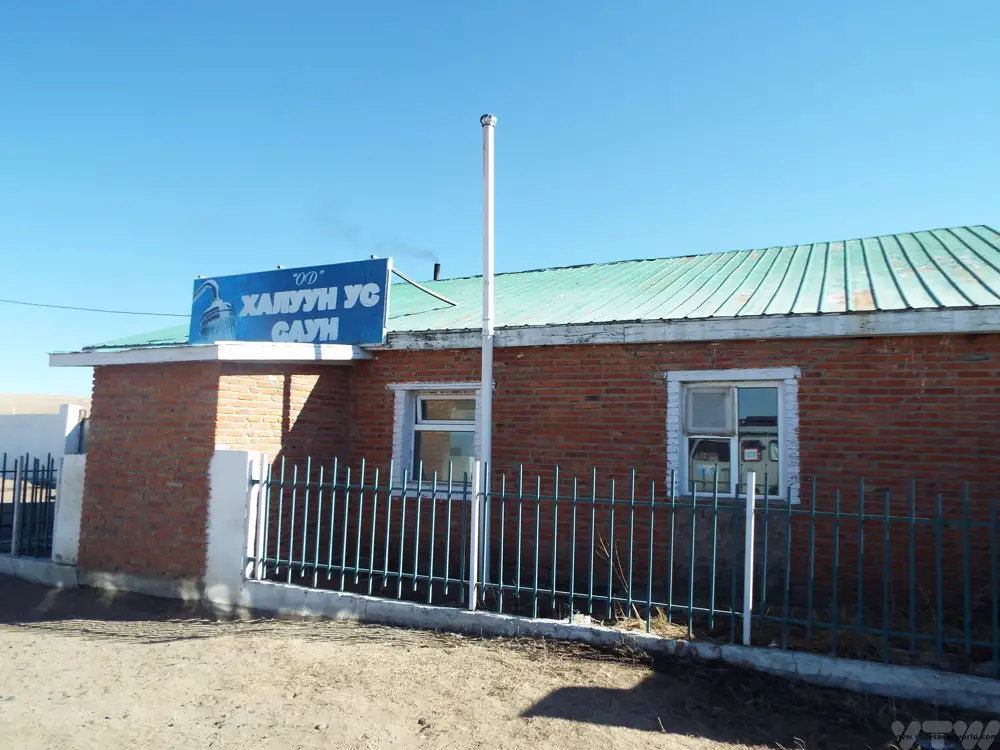
For a small fee you can use a shower room, with hot running water, either on a family/couple basis or hire an individual shower. There is a usually a changing room adjoining the shower room itself. We brought our own towels and toiletries (just soap/shampoo) with us. Because we were travelling at the end of winter we could walk straight in but during the summer months you may have to queue on a first-come, first served basis. They are basic but entirely functional.
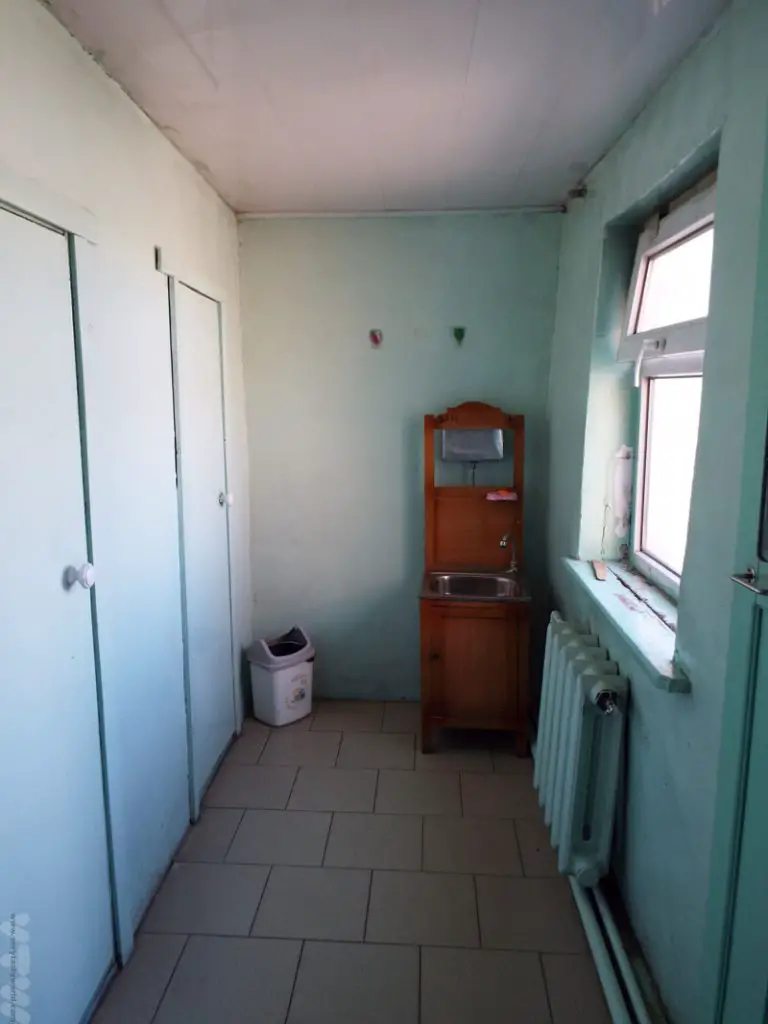
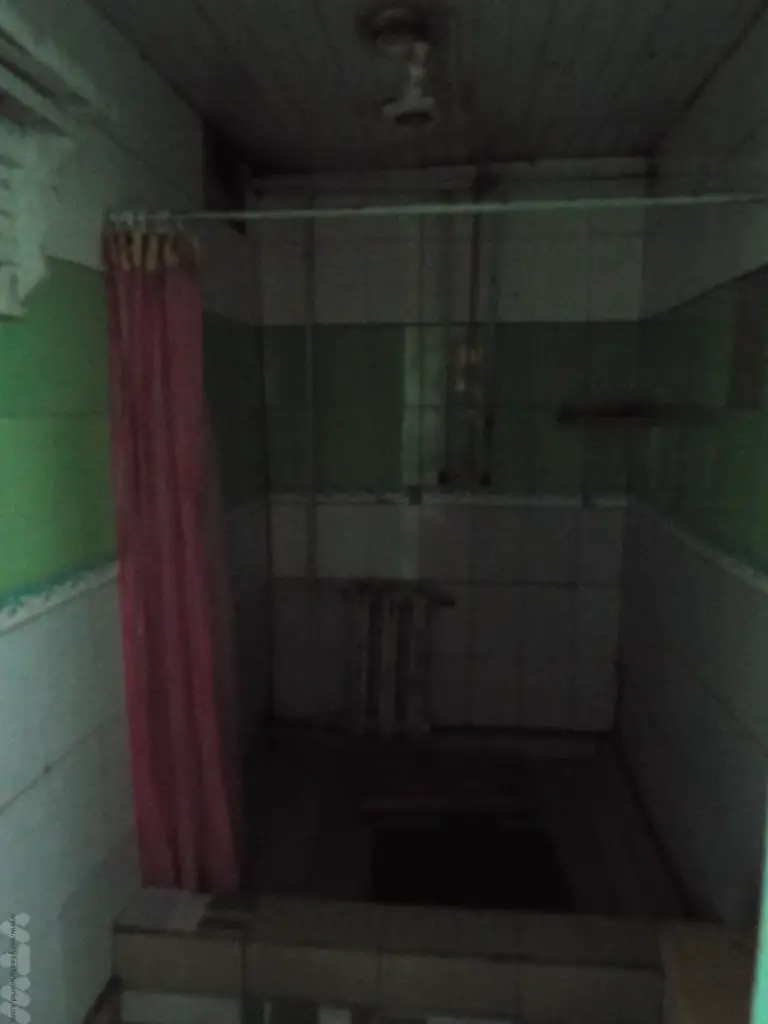
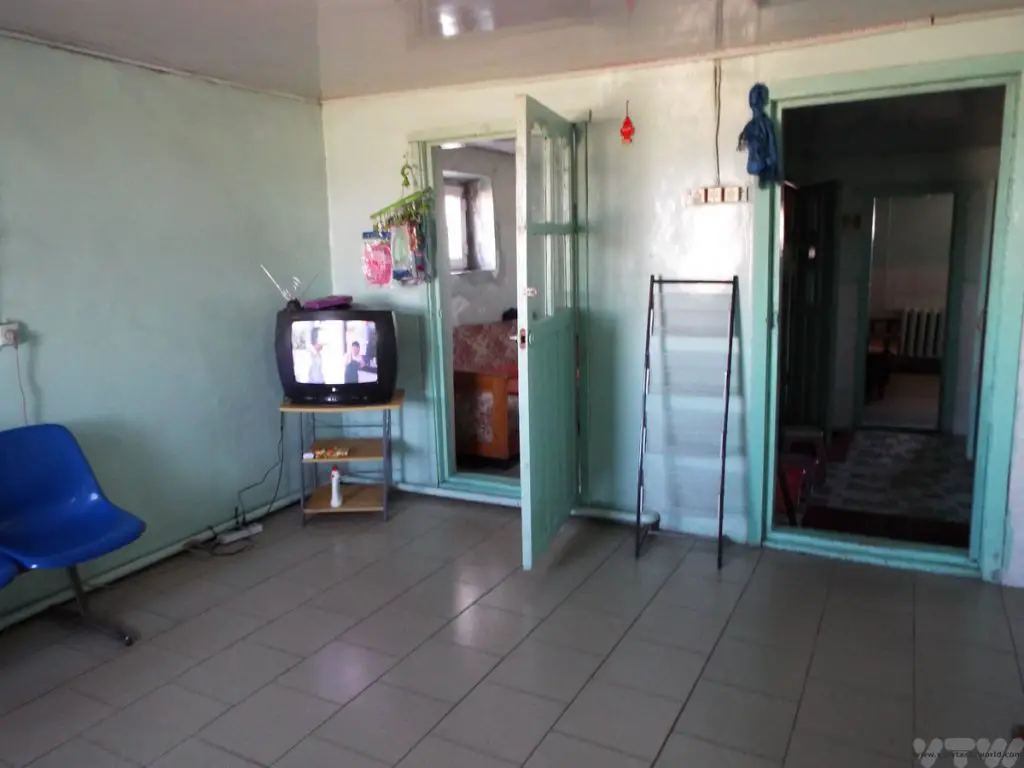
Packing Essentials For A Shower In Mongolia
For Shower Days
Travel towels – if you manage to get a shower in Mongolia microfibre are best. They dry you quickly and they dry quickly after they’ve dried you. If you’re staying in a ger, you can hang your towel from the rafters to let it dry. We found that our hosts often used the rafters for hanging out their washing, or as a coat stand. You can get a variety of travel towels that squish nicely into a bag.
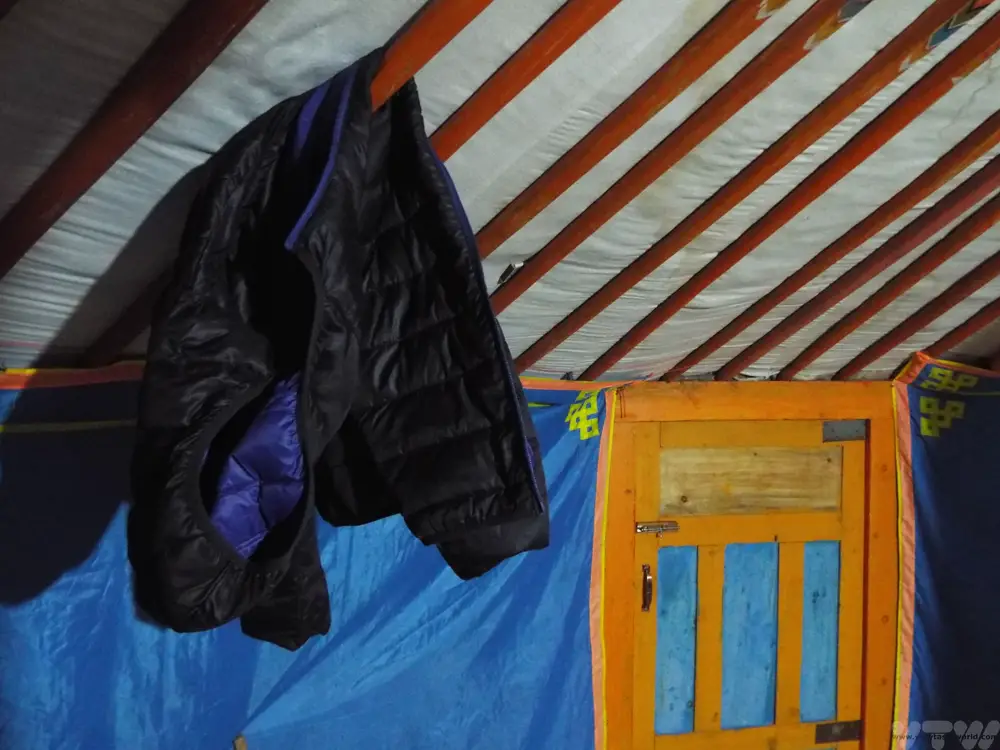
Basic toiletries – We tend to use products that combine body and hair wash. If you’re not sharing a shower room, you’ll need one for each person (or wait until your companion has finished washing).
For Non-Shower Days
Wet-wipes – useful for a ‘lick and a promise’ wipe wash. Try to get the biodegradable types. If you can’t, they need to be disposed of responsibly, never to the environment.
Hand sanitiser – once an essential item for travellers, now an essential item for the world, especially helpful for cleaning your hands after answering the call of nature.
General
Deodorant/anti-perspirant – you can get some types that last for 48 hours. Moisturiser and lip salve may also be useful – the cold weather can dry the skin somewhat. Suncream is also a good idea.
Shaving kit if you need/want it. Electric would be best. Make sure you have batteries, you are unlikely to be able to charge a shaver in a ger. Most of the time the only electricity available will be for a single light bulb, often run from a car battery.
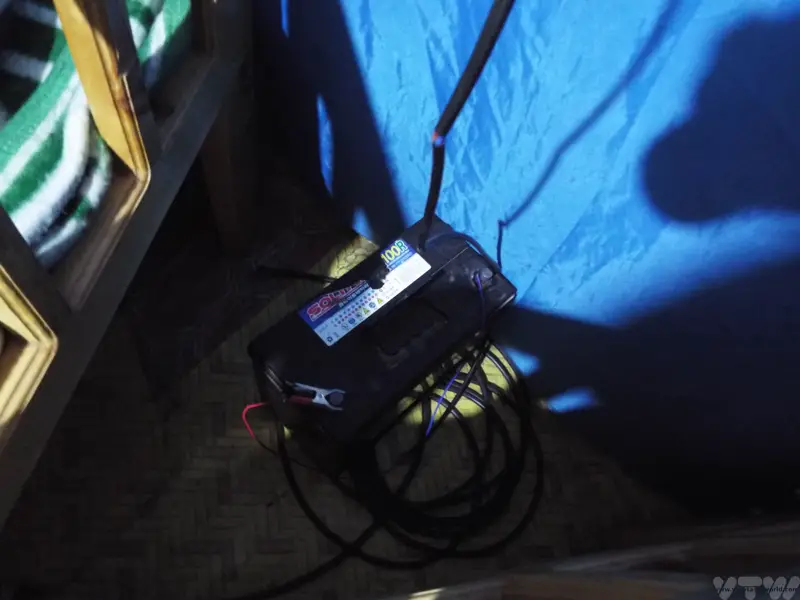
Head torches are really useful, particularly if you need to answer the call of nature during the night. The toilet is usually located a fair distance from the ger so you will need to be able to see where you are going. Using a torch that can be worn on your head means that you have both hands free. USB charged torches are cool but there won’t be a USB charging point in the desert, so you will need a battery operated one. It’s worth remembering to bring a few spare batteries as well.
And, don’t forget your toothbrush. Cleaning your teeth using the water supply in the ger is absolutely fine. The water from the wells is pure and we happily drank it without filtration.
There may be additional toiletries that you will need, in which case bring them along. We tend to bring only as much as we expect to use so rather than take a big bottle, we estimate the required amount an decant it into smaller bottles.
There are other products, such as dry shampoos which will wash your hair without water, that you can investigate if you really can’t go without a hair wash. We didn’t bother. Things like towels are entirely necessary but tend to bulk out your luggage and we wanted to travel as light as possible.
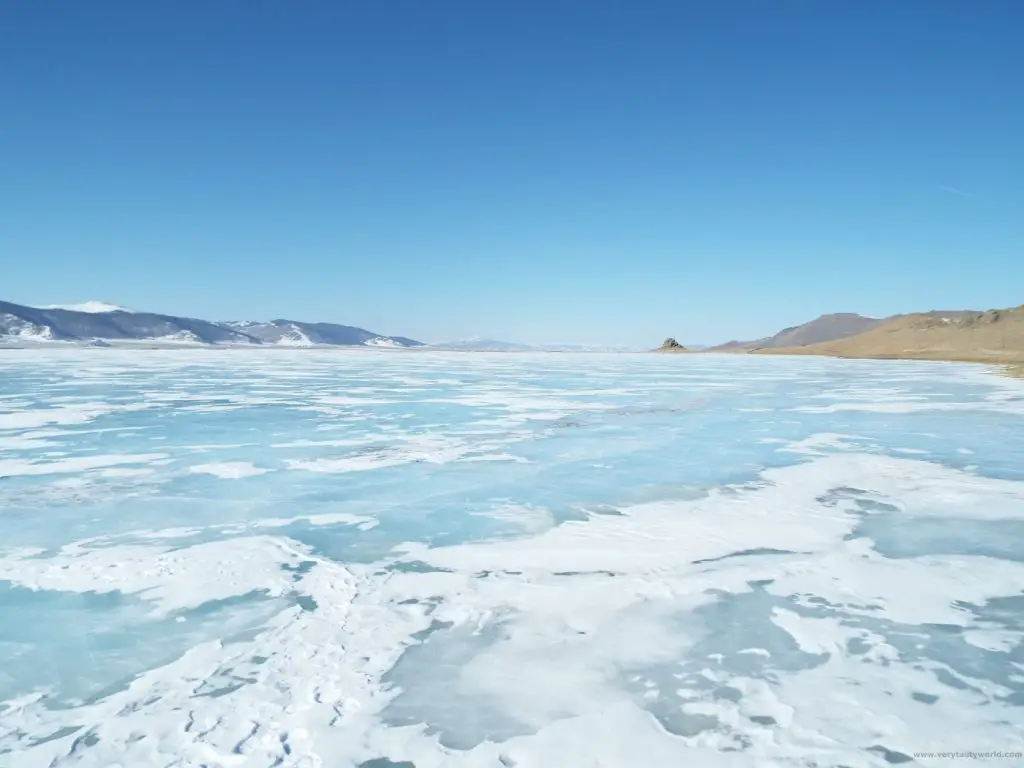
In terms of clothing to pack, we found that layering was a really good idea. You will want to wear socks in bed, along with thermal pyjamas, and as many duvets and blankets as can be squeezed into the van.
It was difficult – initially – to leave our comfort zone and get used to very basic toilets as well as go without washing, but actually we surprised ourselves at how quickly we just got stuck in. We had a remarkable – and hugely enjoyable – adventure.
Related Posts You May Enjoy

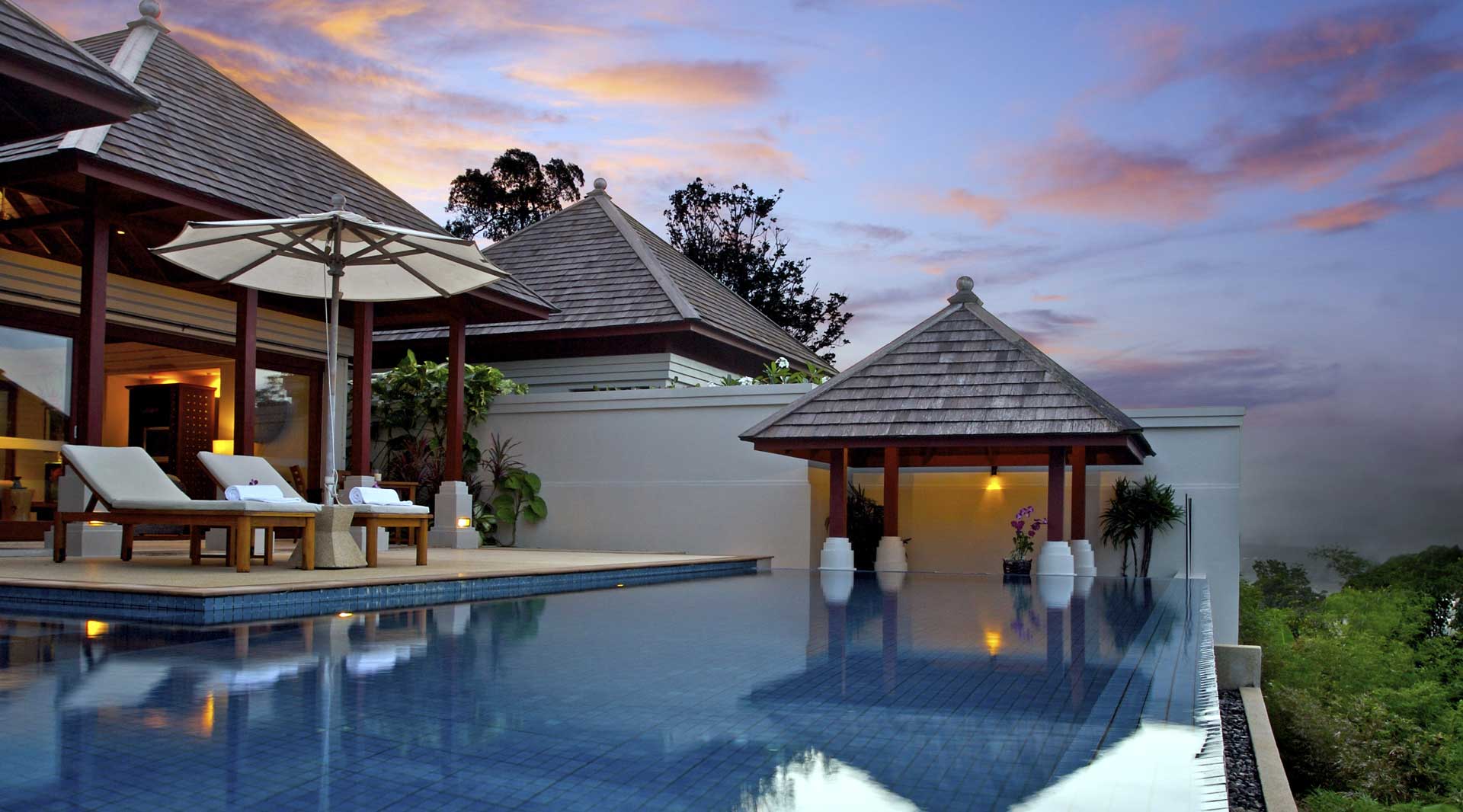

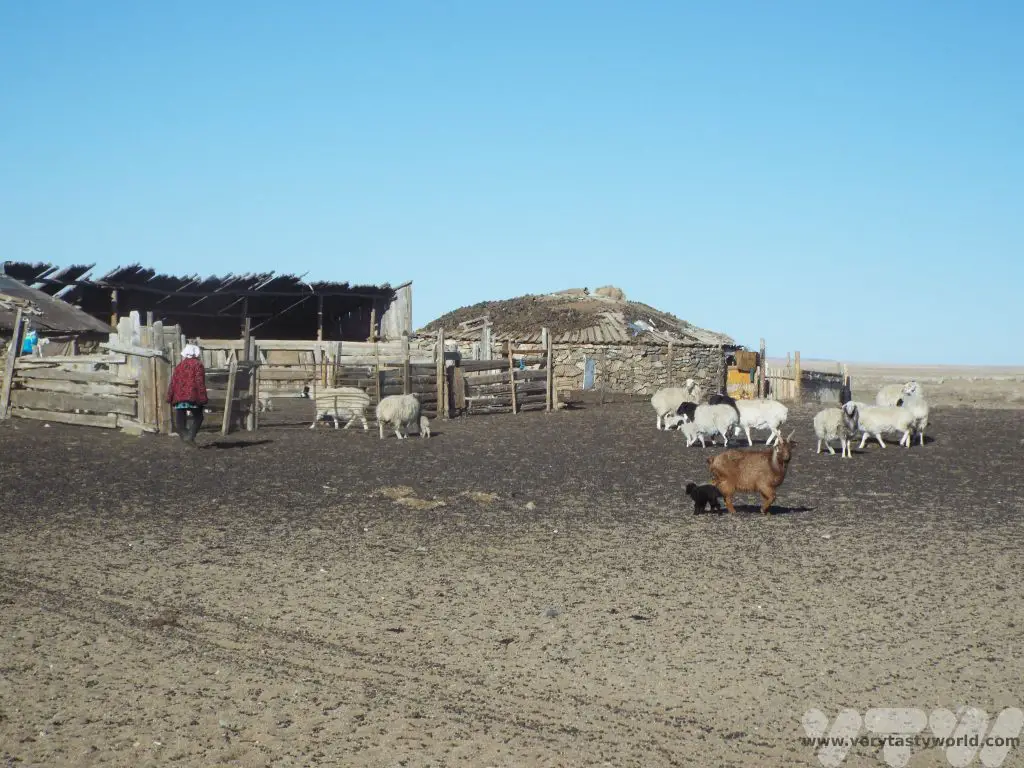
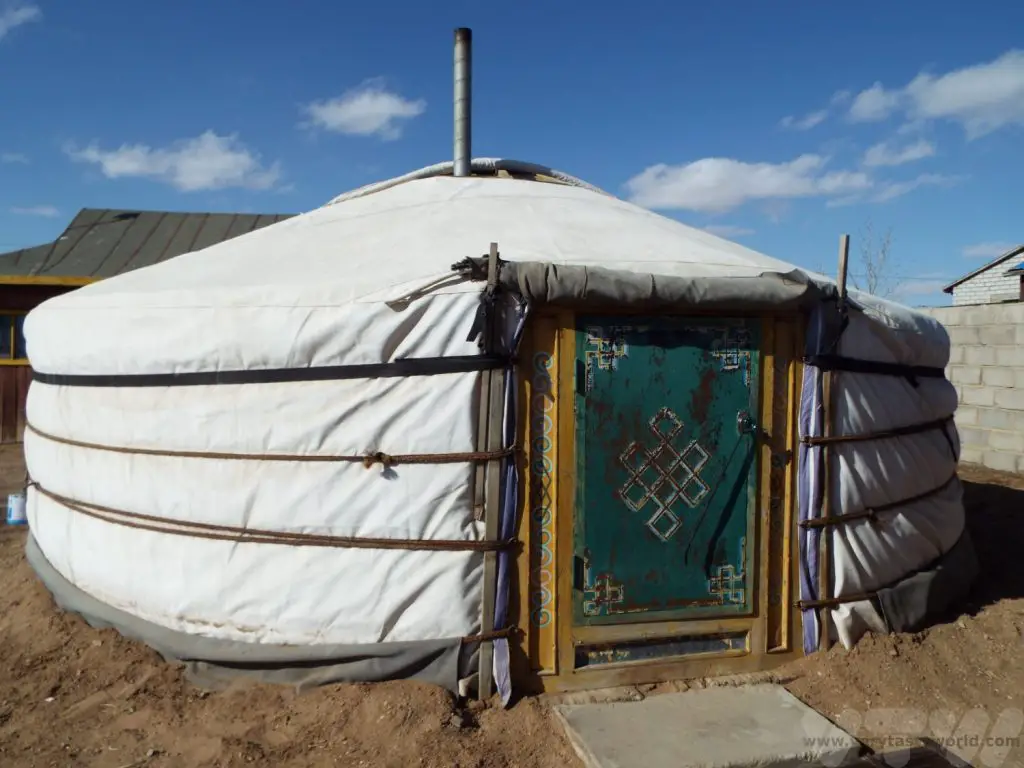
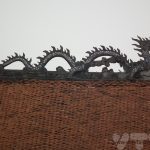
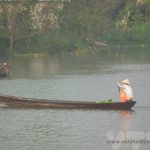
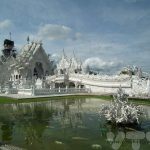
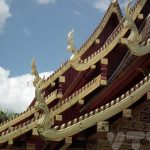
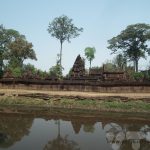
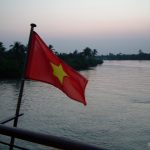


[…] we were travelling through the Gobi Desert in Mongolia, we didn’t have the opportunity to shower very often as we were staying gers (the Mongolian name for yurts) with nomadic families and no running water […]
[…] you want a shower you will have to go to the local town. There are shower houses available for locals to use. We had just three showers in 11 days and […]
Sounds like an amazing vacation. I never really considered trash removal in a desert. Great post and lots of food for thought.
Thank you so much. Yes, it really is a remarkable place and we learned a lot about life in the desert.
Such an interesting post. Travel – or, hell, even living -like this is far from the glamor we think of in the West so it’s so refreshing to read this perspective. How many of us could live like that on a daily basis? I don’t know if I could do it for more than a few days if I’m being perfectly honest. I think the absence of my luxuries beyond basic water is what would start to bother me more than anything. I suppose once you’re actually in that situation things change, though, and you gain a perspective and ability to manage.
Thank you. Yes, when we booked we knew that it would be very different to the comforts we are used to at home. But we did get used to a very different lifestyle. It was difficult at first and then it felt natural. We spent time with a nomadic family in the Gobi – they kindly shared their home with us – and their hospitality and friendliness was absolutely brilliant.
Such a fascinating look into Gobi life. I just love that you guys are so adventurous and open to new experiences.
Thank you so much! It was a fantastic adventure in a beautiful country.
I’ve been looking at travel around Mongolia and wondered exactly how washing and toilet facilities work out in the desert if I go there for a week to explore. Now I know, and it is probably something I already was fearing. I love my daily shower but would try this as a challenge to get out of my comfort zone – the compensation being the experience of a yurt and the scenery. Good tips about wet wipes as I hadn’t thought od that.
I hadn’t realised that there were that extremes of temperatures from day to night – thanks for the tips
To be honest, we put the trip off for a couple of years because we were apprehensive about the showering and toilet facilities. Then we figured we should really just go so we bit the bullet and booked. And, yes, it was strange for a couple of days but it didn’t take long before we got used to it and we genuinely stopped worrying about washing. The experience of staying in a ger was wonderful and the scenery spectacular but it was the friendliness and hospitality of the people we met that has really stayed with us. We were honoured that people shared their homes with us and let us experience their way of life. This trip was one of the most challenging but also one of the most rewarding and enjoyable that we’ve ever done.
First and foremost, your photos are incredible. Second, travel towels and carrying wet-wipes is a must for me on every trip because you never know when you’ll need them! I can imagine having those on this trip would be especially important, though! Great post 🙂
Thank you so much! It’s always good to be organised bringing towels and wet-wipes if there’s a chance you will need them but, yes, on this trip we absolutely needed them as we were miles from anywhere.
You guys are wildly adventurous I love that so much, these sort of experiences and being out of a normal routine is what makes travel exciting.
Ps the loo looks like something out of I’m a celebrity get me out of here .
Thank you! It was a challenge at first but actually we got used to everything very quickly. And we had so much fun on the trip!
[…] Showers? Where We’re Going We Don’t Need Showers… Adventures in Washing in Mongolia – Very Tas… says: 18th November 2021 at 11:38 am […]
Boy is this a useful post! Just reading it I realize how privileged we are. I would definitely love to visit, as challenging as an adjustment it might be. Or not? But I’d love to find out. Great photos that really convey what accommodations/amenities are like, and beautiful wildlife from the “toilet” as well!
Thank you. We do hope you get to visit. We can wholeheartedly recommend Mongolia – yes, it was a challenge at first, but the friendliness of the people we met and the awe-inspiring landscapes will stay with us forever. And we surprised ourselves at how quickly we adapted to a different way of life.